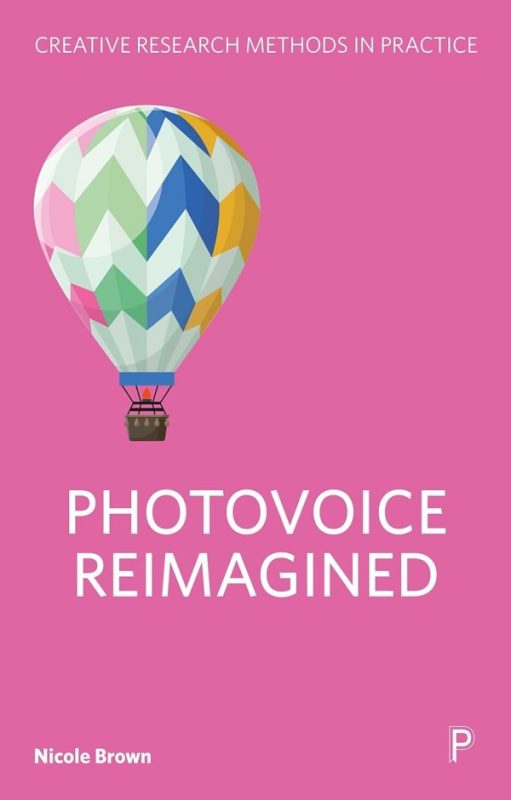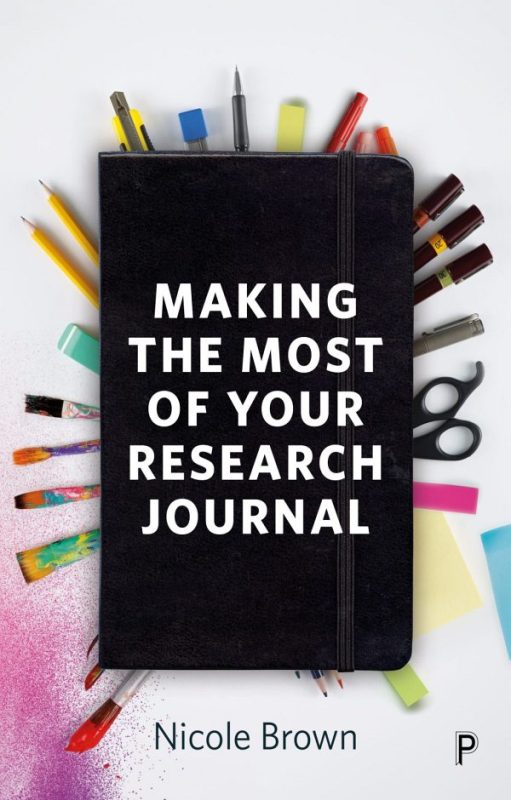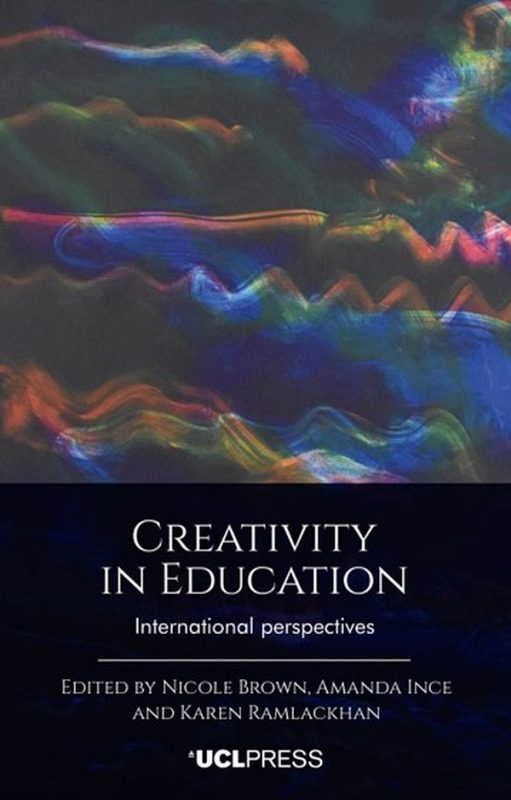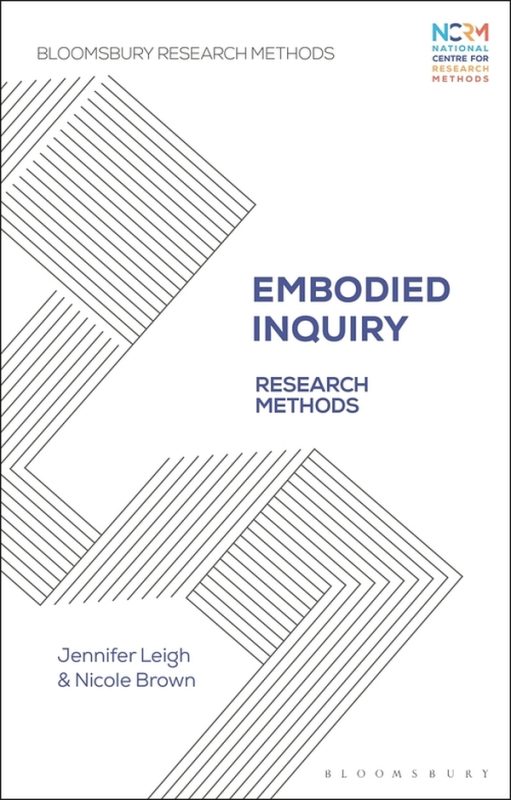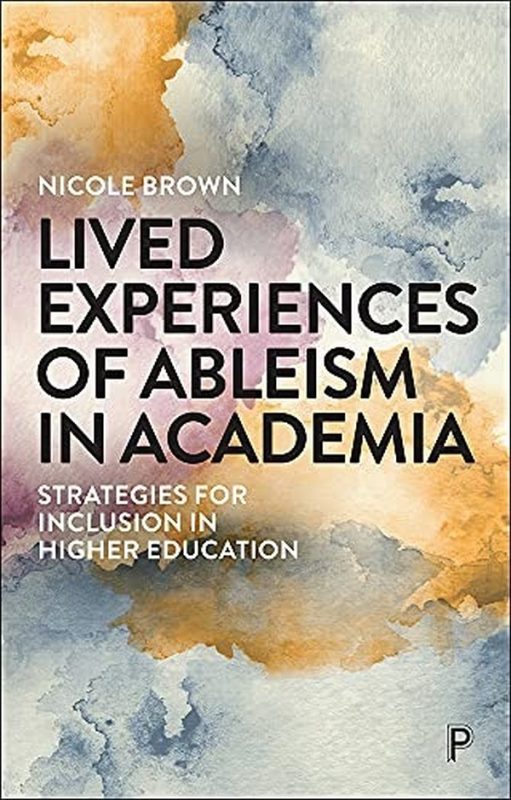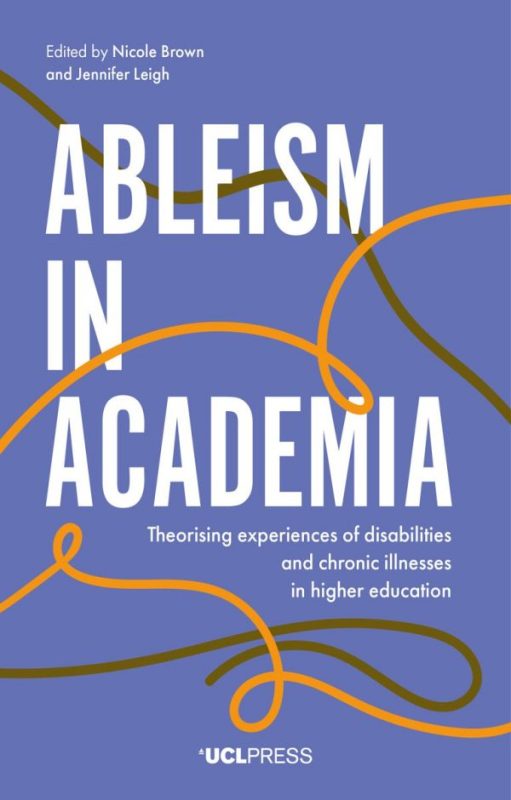
The part-time doctorate
This is an extract from a guest post on the Thriving Part-Time blog to highlight the experience of time and how to make the most of it as a part-time doctoral student.
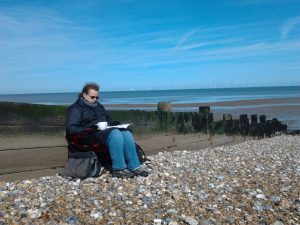
Supervising PhDs: Dealing with ‘atypical’ students
This is an extract from a guest post on the Supervising PhDs Community Blog, where I explore the experience of "atypical" students, and what research supervisors can do to better support those "atypical" students.
Disclosure Dances in Doctoral Education
Disclosure dances - I am inviting you to take in part in my research project. Information, contact details and consent form available from here.

NADSN Position Paper
The National Association of Disabled Staff Networks (NADSN) has produced a COVID-19 post-lockdown position paper. In this paper, NADSN’s observations about the lived experiences of disabled people during COVID-19 are discussed alongside considerations of the changing workplace and relevant policies and practices. The paper concludes with a series of recommendations concerning disabled staff.
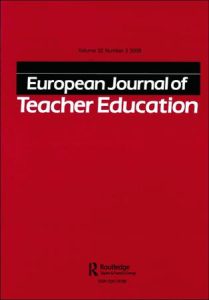
Article: Partnership in learning
This paper outlines two distinct staff-student collaborations and how such a partnership may innovate teaching practices.
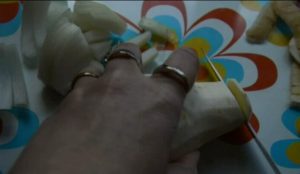
Simulation of cognitive dysfunction
This is a brief simulation of what cognitive dysfunction and brain fog feel like.
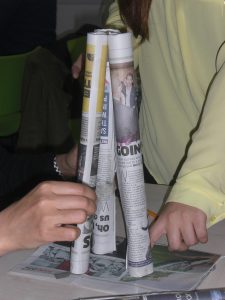
Assessment as a learning opportunity
Many teacher training sessions focus on assessment but we do not spend enough time on discussing assessment in the sense of marking student work. We do not discuss the impact marking has on the students' learning and the teachers' workload, nor do we talk about how we could make marking more meaningful for our learners.
Sarah Pink: Doing Sensory Ethnography
Pink's understanding of ethnography is broader than that of a study relating to the culture or society of humans. Really, ethnography in Pink's view is a phenomenological study of life world and in the book she offers ways of accessing this life world through a range of channels. Pink suggests including the human senses at all levels of research. This book offers great justification for a less conventional approach to research; an approach where openness to what happens is paramount.
